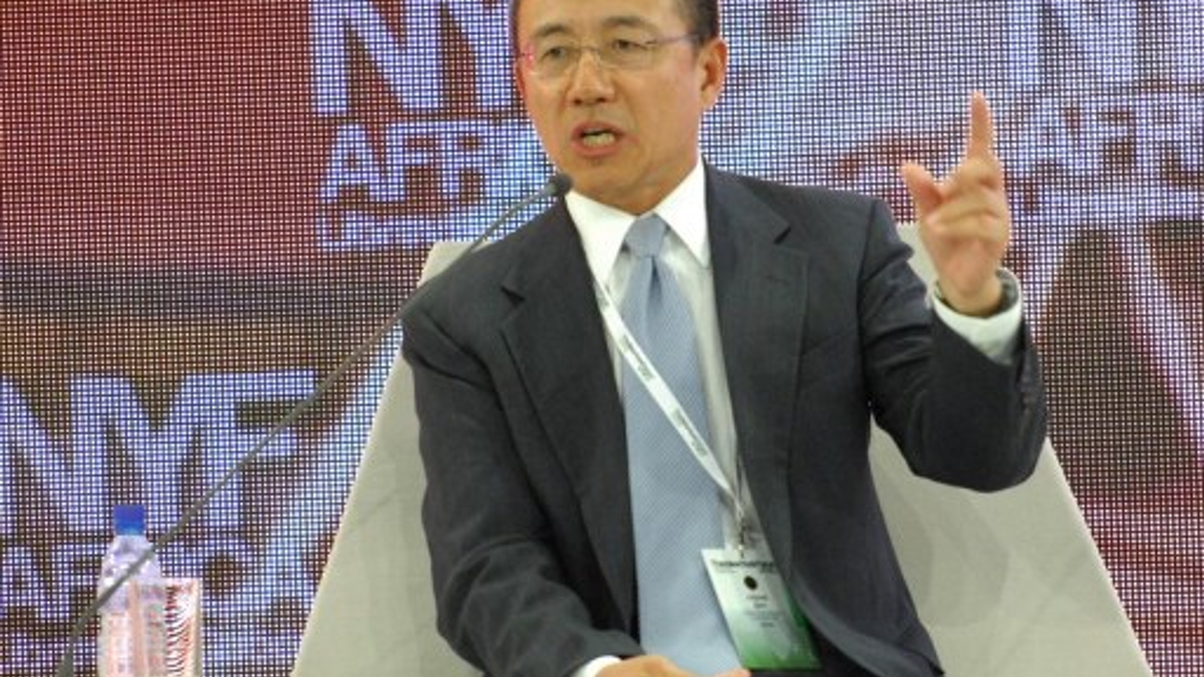CIC’s Gao Xiqing lets rip at Boao media
Gao to the FT: “You must say our name 500 times," venting the frustration of many professional investors struggling to explain their business.

The Boao Forum for Asia brings together a stellar list of people from government, finance and industry, but the mix can sometimes go flat, like a cocktail missing a key ingredient.
Sign in to read on!
Registered users get 2 free articles in 30 days.
Subscribers have full unlimited access to AsianInvestor
Not signed up? New users get 2 free articles per month, plus a 7-day unlimited free trial.
¬ Haymarket Media Limited. All rights reserved.


